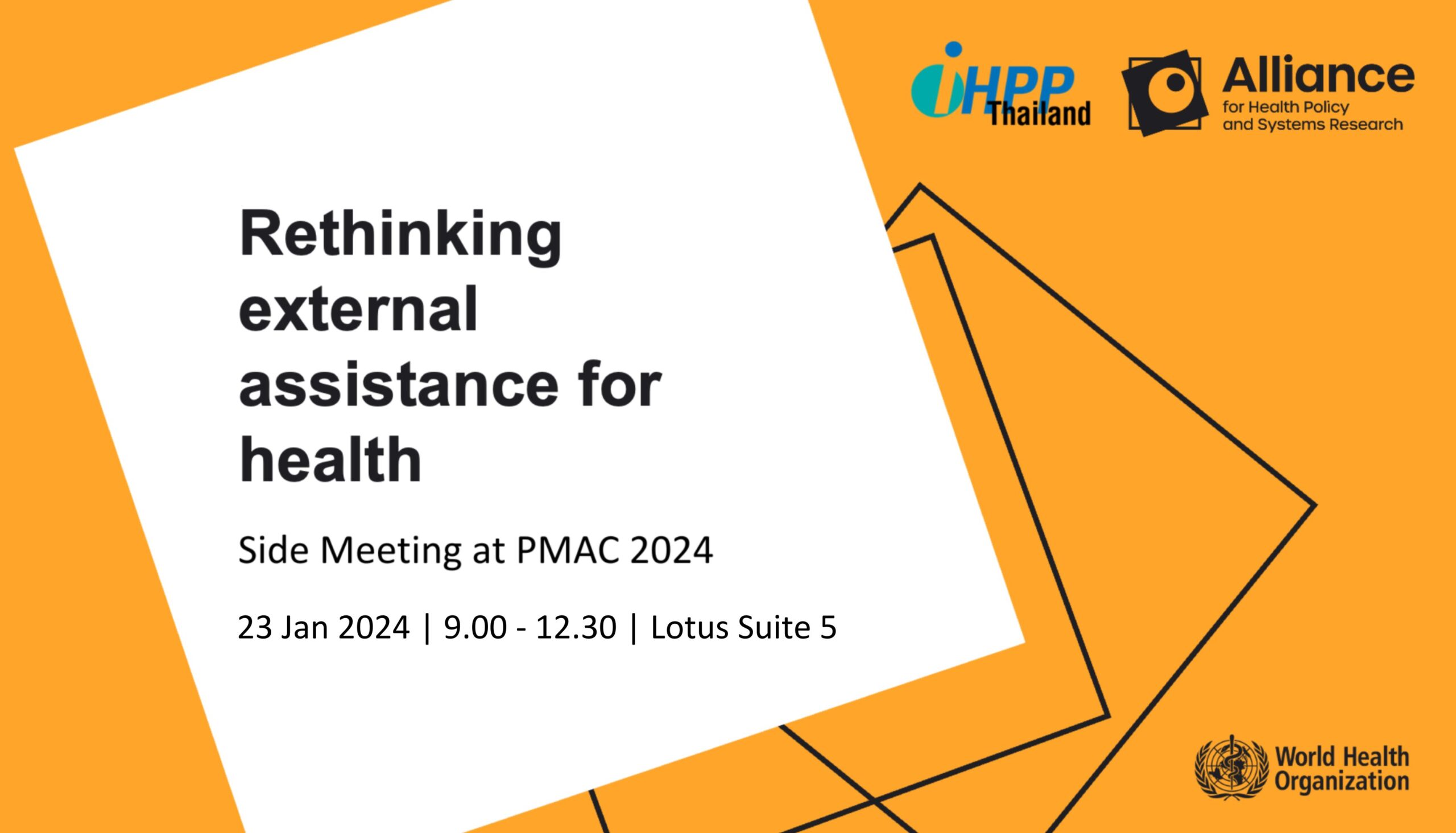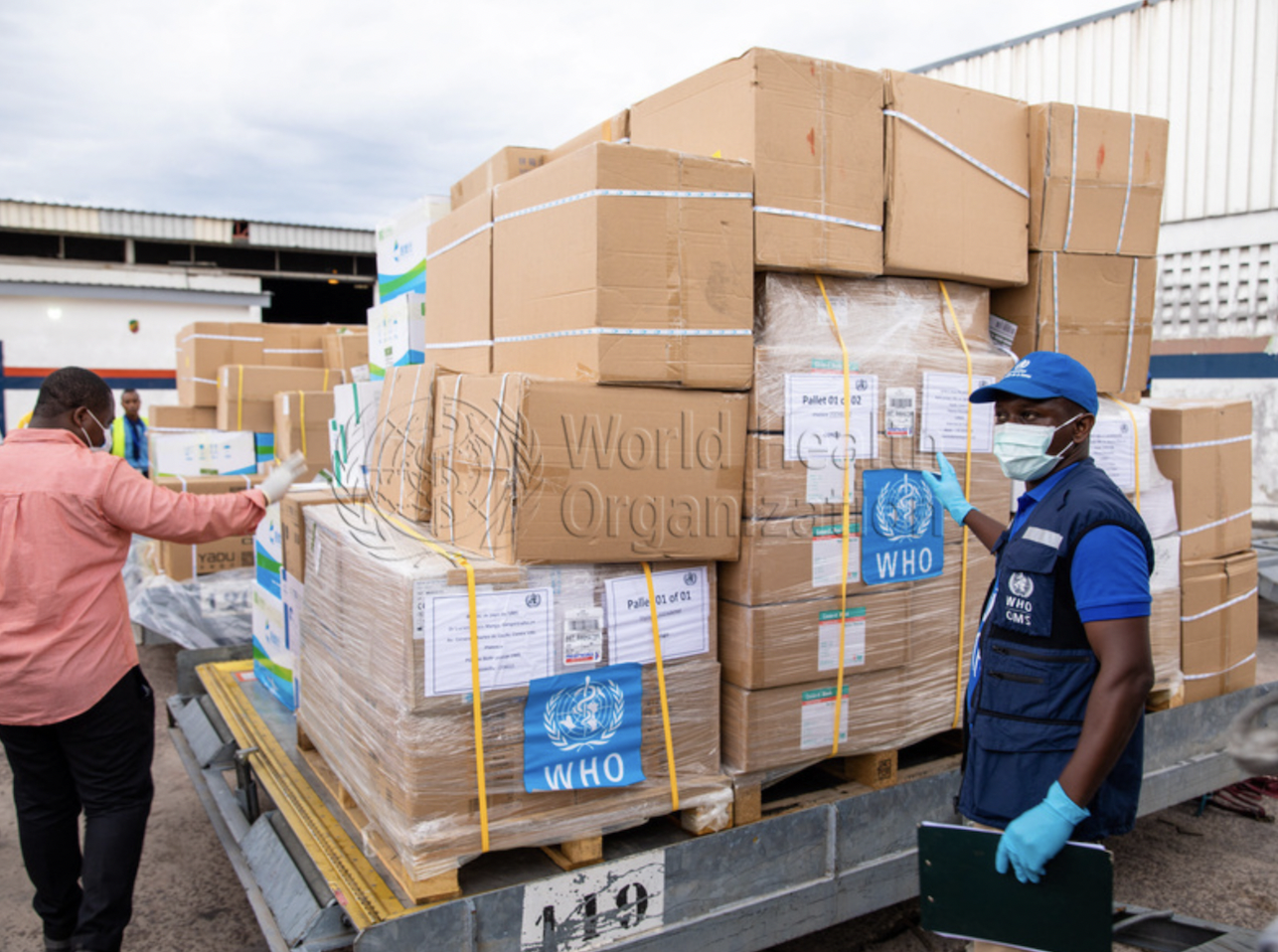The Health Policy and Planning Journal by the London School of Hygiene and Tropical Medicine launched a Supplement on Rethinking External Assistance supported by the Alliance for Health Policy and Systems Research, World Health Organization Department of Health Systems Governance and Financing at the Prince Mahidol Awards Conference held between 22-27 January 2024.
The 13 research articles, innovation and practice reports and commentaries presented in this supplement provide concrete examples, ideas and reflections that add to our understanding of external assistance for health. They are timely, evidence-informed and relevant to both country- and global-level agendas. They build on an already strong foundation of evidence and policies around the issues of alignment, country-driven approaches and de-verticalization (Oliveira‐cruz et al., 2003).
The articles presented in this supplement dig into the structural and political underpinnings of external assistance for health that affect its effectiveness in supporting sustainable outcomes. In doing so, they provide important signposts in terms of best practices and lessons learned from problem areas. They present new, carefully researched experiences in transitioning away from external assistance for health, together with explicit analysis of the politics of external assistance for health, at both the country and donor levels. While adding to the evidence base, important gaps remain in terms of how to reform external assistance for health. In particular, there is a need for further research to understand how to: (i) make donors accountable to the ultimate beneficiaries of external assistance; (ii) develop viable strategies to increase domestic investments for health; (iii) overcome entrenched interests at both the donor and country levels that may be resistant to change in the face of demographic, epidemiological and economic shifts; and (iv) understand and differentiate between ‘global’ and ‘local’ representatives of global agencies; as well as many other areas.
Reprinted from the Editorial note Still rethinking external assistance for health
The impact of shifts in PEPFAR funding policy on HIV services in Eastern Uganda (2015–21)
Factors impacting sustained coverage in the context of donor transitions: experience from Sri Lanka
Donor coordination to support universal health coverage in Malawi
Enabling cross-country learning and exchange to support universal health coverage implementation
Sustaining essential health services in Lao PDR in the context of donor transition and COVID-19



